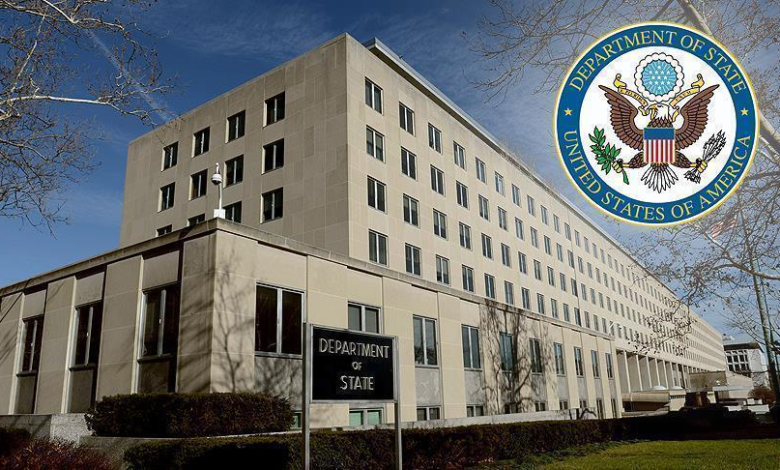Is the State Department Creating a New Censorship Hub? GEC Staff Reassigned After Domestic Censorship Allegations
Washington, D.C. - In a revelation that has sparked both controversy and concern, documents obtained by the Washington Examiner have shed light on the U.S. State Department's plans to transition staff from the now-defunct Global Engagement Center (GEC) to a new "hub" within the department.

Washington, D.C. – In a revelation that has sparked both controversy and concern, documents obtained by the Washington Examiner have shed light on the U.S. State Department’s plans to transition staff from the now-defunct Global Engagement Center (GEC) to a new “hub” within the department. This move comes after the GEC was accused of engaging in domestic censorship activities, leading to its planned closure by December 24, 2024.
The GEC, initially established to counter foreign propaganda and disinformation, faced allegations of overstepping its mandate by influencing domestic speech, particularly targeting conservative media and voices. The decision to shut down the GEC was communicated to Congress, but with a caveat – the staff and funding would be realigned under a different guise, focusing on countering foreign interference while ostensibly maintaining the same personnel and objectives.
According to the documents, this new “hub” aims to continue the mission of safeguarding U.S. interests against foreign influence but has raised eyebrows among critics who argue it might simply be a rebranding of the same censorship practices. Over 50 officials who worked for the GEC are expected to join this new bureau, which has yet to be officially named or fully detailed in public records.
The move has been met with skepticism, especially from Republican lawmakers who have been vocal about their distrust of the GEC’s previous operations. House Republicans have already signaled their intent to investigate this realignment, questioning whether the State Department is merely masking its censorship efforts rather than addressing the core issues of free speech and government overreach.
On social media platforms like X, discussions are rife with users expressing concern over government transparency and the implications of such a hub on free speech. Critics argue that this could be an attempt to continue the same activities under a new name, potentially bypassing the scrutiny that led to the GEC’s closure.
The State Department has maintained that the new hub is designed to tackle foreign disinformation campaigns, emphasizing that the work is critical for national security. However, without clear delineations of its mandate, there’s apprehension that this could morph into another mechanism for domestic censorship.
This development has reignited debates about the balance between national security and constitutional rights, with calls for more transparency and accountability in how the government engages with social media platforms and content moderation. As the new administration takes office, all eyes will be on how this “hub” is managed and whether it truly shifts focus away from domestic censorship or if it’s just a continuation under new management.
The story continues to unfold, with many waiting to see if Congress will push for further investigations or if this will become another chapter in the ongoing saga of government and censorship in the digital age.




